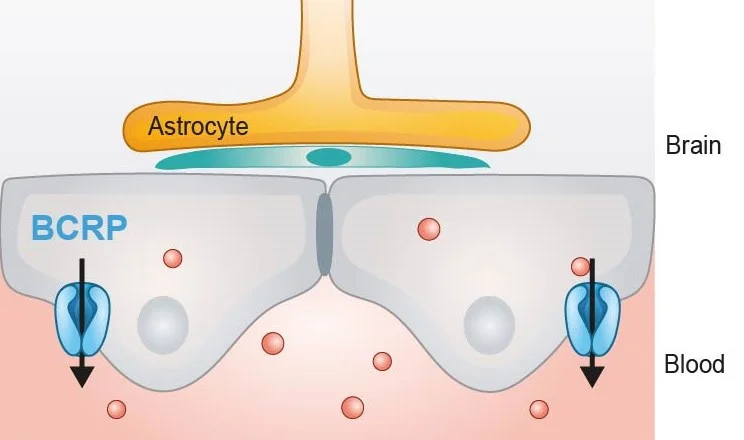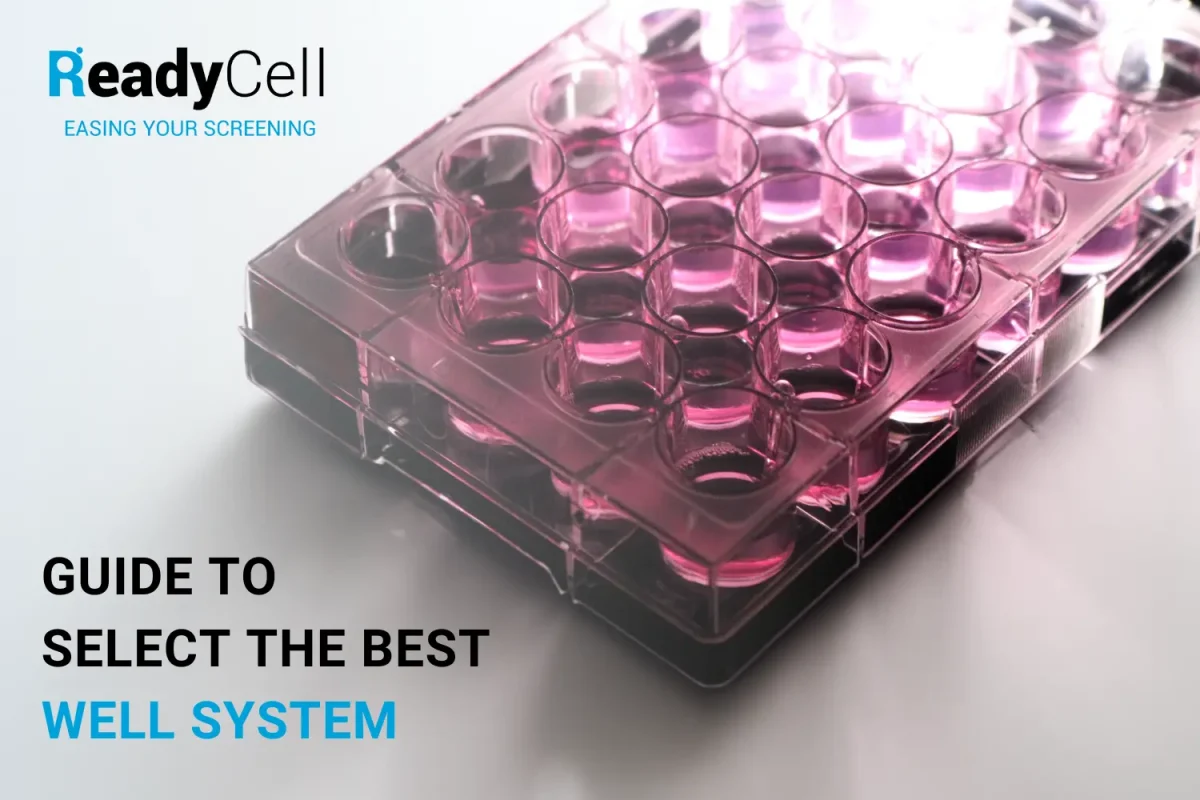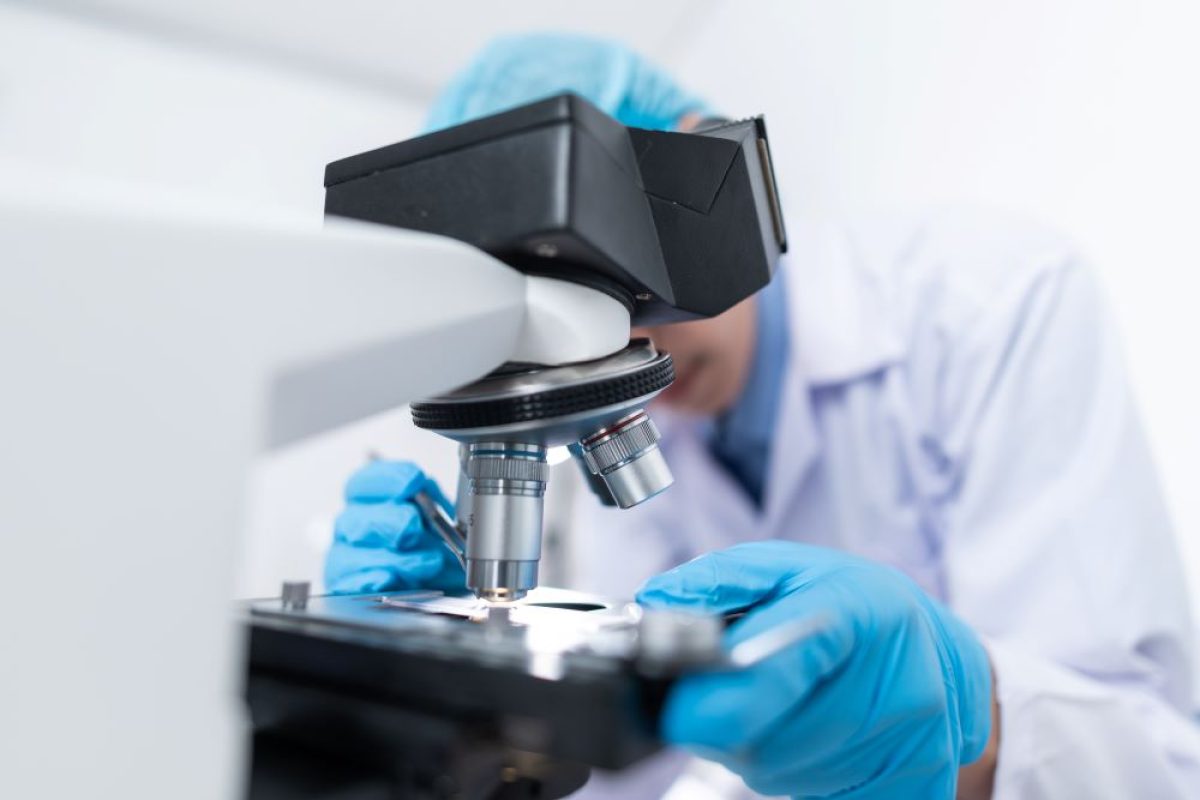PRECLINICAL ASSAYS
Blood Brain Barrier Transporters
The use of our MDCKII cell-based plates overexpressing MDR1 and BCRP will let you assess the transporter-drug interaction of this challenging barrier.
Request more information
Worldwide shipments at room temperature thanks to our patented technology.
Full cell functionality after transportation.
No in-house cell culture maintenance nor cell licensing costs.
BBB Models
Ready-to-use Efflux Proteins for BBB Assays
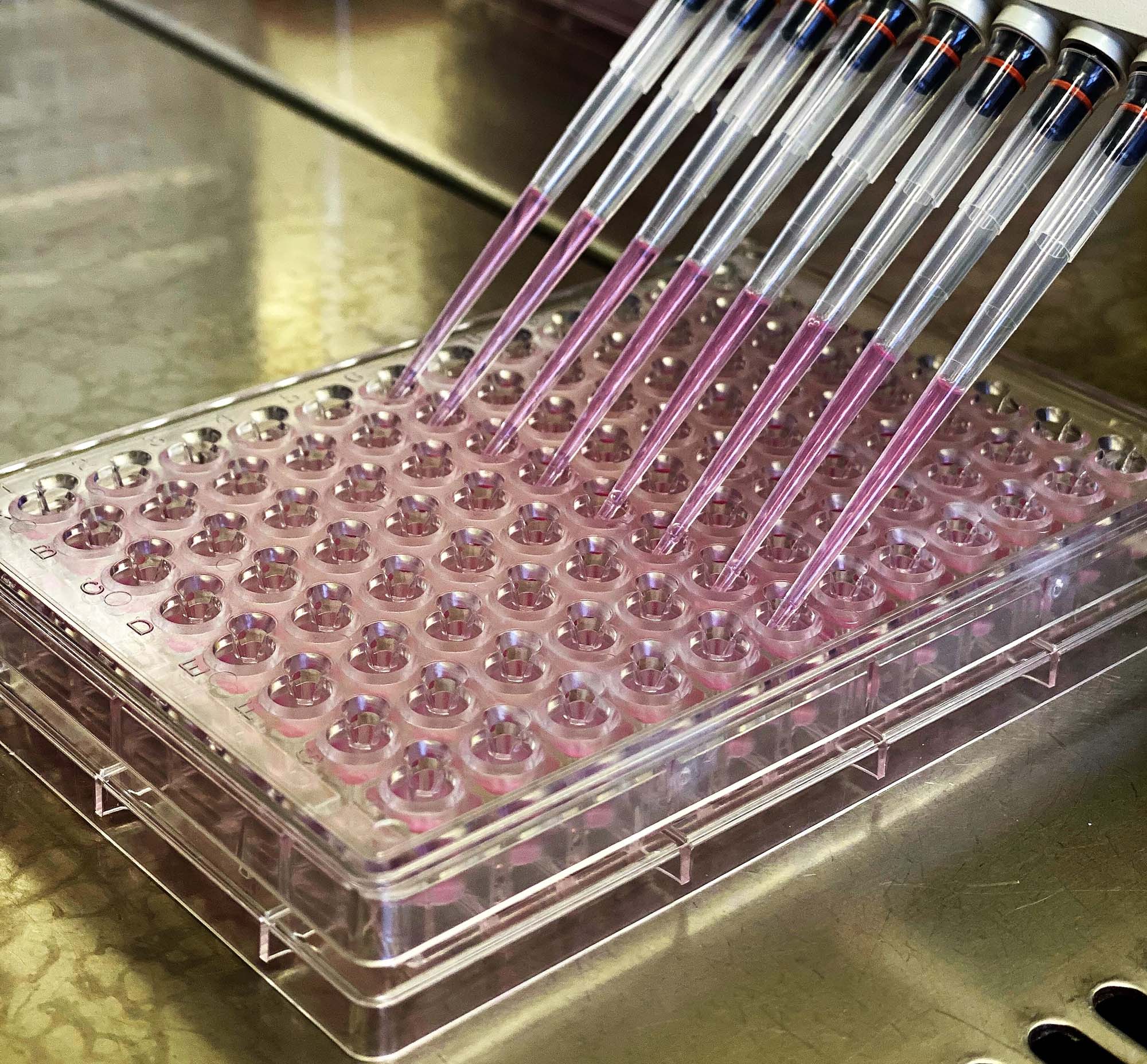
Efflux transporters such as MDR1 (P-gp) and BCRP play a pivotal role in regulating drug access to the central nervous system by limiting compound entry into the brain.
Evaluating the interaction between these transporters and new drug candidates is essential during early-stage drug development to predict CNS exposure, avoid therapeutic failure, and support regulatory decisions.
Ready-to-use in vitro assays provide a practical and reliable approach to assess these interactions, allowing researchers to gain insights into drug permeability and optimize clinical development.
MDR1 Expression
PreadyPort MDR1 is based on the MDCKII cell line that overexpresses the multidrug resistance protein 1 (MDR1), also known as P-glycoprotein (P-gp), a key efflux transporter involved in the blood-brain barrier (BBB) function.
READ MORE
This efflux transporter is a membrane efflux protein which needs from the ATP hydrolysis to actively translocate substrates against an electrochemical gradient. It is expressed in critical tissue barriers, such as the brain, intestine, and placenta, as well as in excretory organs like the kidney and liver and plays an essential protective role by actively pumping potentially toxic compounds out of cells and into the bloodstream, bile, and urine.
In particular, in the brain, MDR1 is expressed in the apical membrane of endothelial cells where it avoids drug accumulation in the brain, enhanced by its broad substrate specificity. Blocking this efflux transporter alters drug pharmacokinetic parameters and tissue distribution, increasing drug half-lives and toxicity effects. In fact, the most pronounced pharmacological effects of MDR1 inactivation were seen in the brain, which underscores the importance of MDR1 in preventing compound permeability in the CNS.
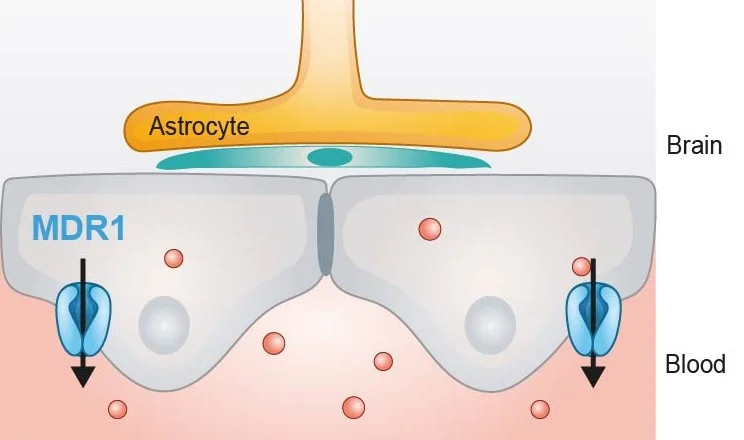
BCRP Expression
PreadyPort BCRP is also based on the MDCKII cell line that overexpresses the breast cancer resistant protein (BCRP), an important efflux transporter at the blood-brain barrier (BBB).
READ MORE
BCRP efflux transporters are located at the luminal membrane of the BBB, where they recognize a broad range of endogenous and xenobiotic compounds, many of which overlap with the substrates of P-glycoprotein (P-gp). Like MDR1, the breast cancer resistant protein (BCRP) is an efflux transporter that belongs to the ATP-binding Cassette Family (ABC) family. Despite BCRP being expressed in a wide number of tissues, there is evidence that this transporter is relevant as one of the major drug transporters involved in clinically relevant drug disposition in the CNS.
BCRP, which is more expressed in humans than MDR1, works with MDR1 to restrict the penetration of compounds into the BBB. Therefore, inhibiting BCRP may not fully prevent the permeability of molecules that are co-substrates of both BCRP and MDR1, highlighting the complexity of efflux mechanisms at the BBB.


ReadyCell Blood Brain Barrier kits
We help you determine the suitability of your compound to cross the BBB
It is recommended to assess the in-development molecule interaction to P-gp and BCRP receptors to understand the pharmacological route and optimize clinical stages.
PreadyPort MDR1 and PreadyPort BCRP are two assay-based plates that can be used to identify whether new molecular entities are MDR1 or BCRP substrates/inhibitors.
Featured Article
Explore more about how the blood-brain barrier functions and how our products can assist in overcoming its challenges by reading our detailed post on the characteristics of the Blood Brain Barrier.
Read more about the BBB.
Read more
Frequently Asked Questions
How does the permeability of the BBB differ from that of the intestinal barrier?
Blood brain barrier is composed of different cell types. One of them, endothelial cells, are polarized and present uptake and efflux transporters at the apical and basal membrane which aids BBB to maintain brain homeostasis. It has been reported that, unlike intestinal barrier, BBB prevents the diffusion of > 98% of small-molecule drugs and most of the large biologic therapeutics.
Is PREADYPORT a representative model of the BBB?
PreadyPort models, based on MDCKII cells, are an excellent tool for studying active transport at the blood-brain barrier (BBB). These cells are engineered to express key efflux transporters such as MDR1 and BCRP, which are critical for active drug efflux in the brain endothelial cells. While MDCKII cells are not derived from human brain tissue, they effectively replicate the transport mechanisms seen at the BBB, making them a reliable platform for evaluating how compounds interact with these transporters.
PreadyPort models enable researchers to assess the active transport properties of drugs, helping to predict their potential for effective delivery to the central nervous system (CNS) in the early stages of drug development.
Is the quality control data specific for each kit?
Does ReadyCell shipping medium affect cell lines
No, the Shipping Medium consists of a semi-solid culture system specifically designed to preserve cells at room temperature (15-25ºC). This medium maintains a suitable physicochemical environment, keeping adequate moisture conditions for cellular homeostasis and forming a protective cushion that protects cell integrity and functionality during long-distance shipments and up to seven days.
What do the current regulations establish on the basis of BCRP and MDR1 transporter tests?
Is it possible to add a testing service to the order?
As a general rule, we act as a supplier and do not provide testing services. Nonetheless, feel free to contact us if you wish to test our plates externally. We can direct you to our partners who can assist you in conducting the assay effectively. Additionally, in certain situations, we are open to collaborating to try out new applications of interest to both of us.



